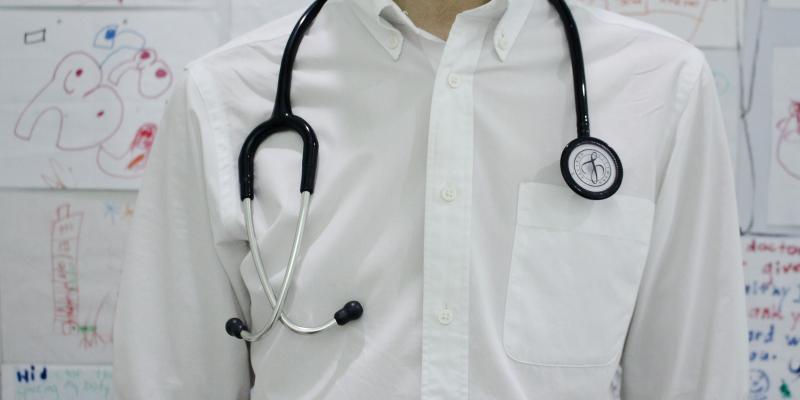To come to aid whenever there is a threat to somebody’s life or health, to observe professional secrecy, and to abide by the principles of professional ethics - these are doctors’ fundamental obligations.
Pursuant to the Act on the Profession of Physician and Dentist, each doctor is obliged to provide help always where any delay could lead to patient’s death, severe body damage or deterioration of health.
Sharing information
Doctors must also provide patients or their agents with clear information on the state of their health, diagnosis and suggested and possible diagnostic and treatment methods. Patients should be advised of any effects a given therapy may produce, in addition to the consequences of refraining from treatment, the results of treatment and prognoses.
In exceptional cases, where the prognosis is not promising, a doctor has the right to share only selected information, if this in his or her view will serve the patient’s welfare. Information is then provided to the patient’s legal agent or the authorised person.
Nevertheless, if the patient requests so, all information must be disclosed, irrespective of the severity of his or her medical condition.
Patient’s consent
An examination and all other medical procedures may only be performed on the patient’s consent, the only exception being emergency medical assistance, when the doctor cannot reach the agent or de facto carer of the patient, and the latter is unable to respond due to his or her age or condition.
Surgeries or other treatment and diagnostics procedures posing an increased risk to health or life are only permitted by a consent in writing.
Professional ethics and secrecy
Doctors are obliged to remain confidential about all information on the patient obtained in connection with the emergency help procedure.
Furthermore, the Act on the Profession of Physician and Dentist and the Code of Medical Ethics require doctors to observe the principles of professional ethics. Each doctor should be guided by the fundamental ethical premise which is patient’s welfare.
Doctors providing medical services must respect patients’ privacy and dignity, as well as ensure this principle is followed by other members of the medical staff.
The obligations of a doctor-entrepreneur
The category of obligations to be met by doctor-entrepreneurs who run their own medical practice is governed by a number of regulations. Among other things, they require doctors to maintain a record of medical waste and to file reports on various aspects of their professional activities. Doctors must also develop and implement procedures on, e.g. the secure handling of sharp instruments or the maintenance of a register of injuries.
Obligations, but rights as well
One of the basic and legally valid rights enjoyed by healthcare practitioners is the right to plead the conscience clause, meaning that a doctor may refuse to provide a medical service if it is contrary to his or her beliefs. A medical service may not be refused, however, if delaying it could result in death or severe body or health damage, as well as in other cases of emergency. Upon pleading the conscience clause, a doctor is obliged to suggest to the patient a viable possibility of receiving the same medical service from another physician, and then record it in medical files along with a statement of grounds.









Comments (0)